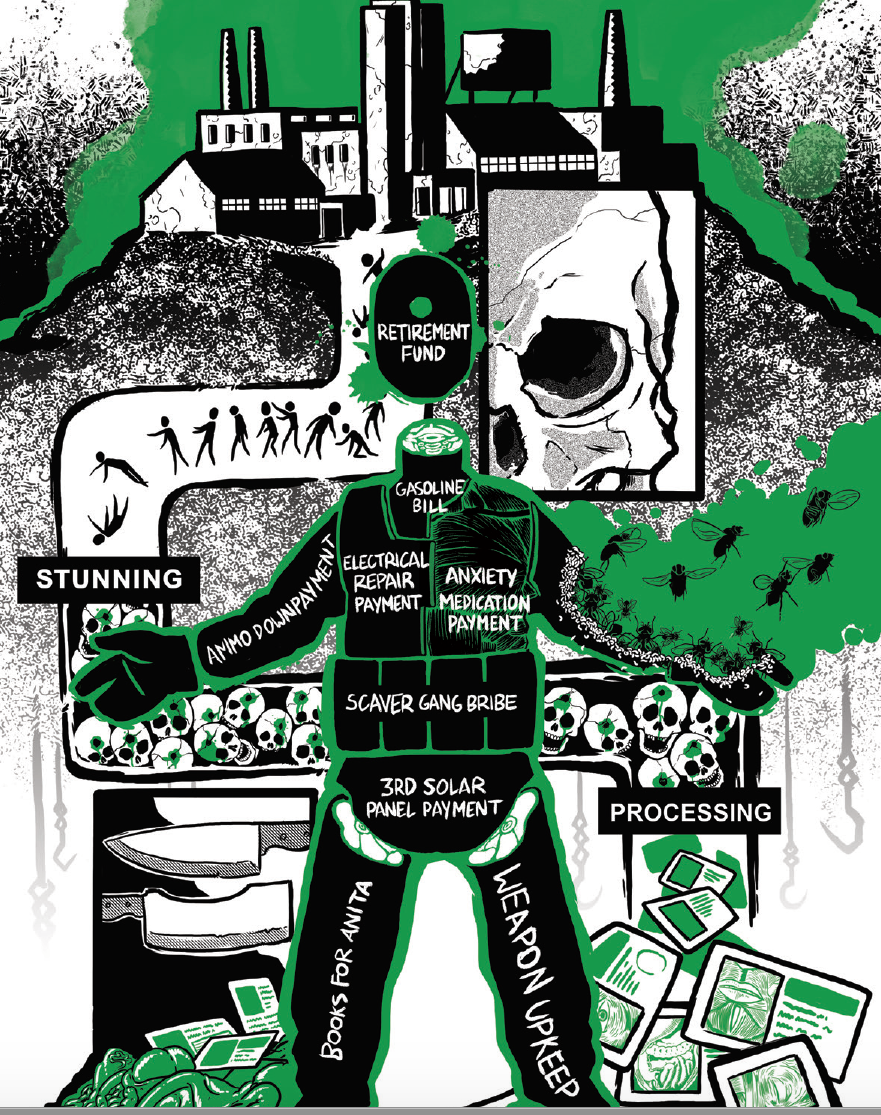Security experts, United Nations officials, and congressional leaders have for years insisted that in dealing with North Korea, its government’s systemic human rights abuses need to be addressed alongside nuclear proliferation. North Korea pays for its weapons programs with totalitarian repression, endemic forced labor, and unsurpassed cyber theft.
Congress recognized that when it adopted the North Korean Human Rights Act in 2004, specifying that promoting human rights for North Korea should be “a key element in future negotiations between the United States, North Korea, and other concerned parties.” It authorized funding to broadcast independent media into North Korea and gather information about conditions inside the country, necessary for the United States to formulate policy, and to craft sanctions and other measures to keep the North Korean government in check.
Ending U.S.-funded research would leave the U.S. without critical information, as Pyongyang expands its military presence overseas, including in Russia, and deepens its isolation and repression at home.
On a broadly bipartisan basis, Congress renewed the North Korean Human Rights Act in 2008, 2012, and 2017, but allowed it to lapse in 2022. Funding for this programming nevertheless continued through the appropriation of funding for the State Department’s Bureau of Democracy, Rights, and Labor (DRL).
But now the Trump administration wants to cut nearly all of DRL’s funding worldwide and eliminate most of its budget, including program offices that shepherd these small but high impact projects. This would essentially end this important work on North Korea. Even if Congress passes a new North Korean Human Rights Act and restores funding, the infrastructure and expertise required to allocate and spend the funds will be gone. Rebuilding that expertise could take years.
The North Korean Human Rights Act has always unified Republicans and Democrats around a simple idea: information promotes freedom and deters abuses. Its modest grants pierce the darkness of North Korea’s isolation, with support for cross-border radio channels, media with in-country contacts, satellite imagery analysis projects, and documentation groups that collect information about rights violations. They were instrumental in the UN’s landmark 2014 Commission of Inquiry findings on crimes against humanity and continue to inform Treasury designations, CIA assessments, and missile defense planning.
Civil society organizations supported by the Act include the Citizens’ Alliance for North Korean Human Rights, South Korea’s first North Korean human rights organization, which has mapped illicit supply chains and flagged Chinese and Southeast Asian front companies that laundered stolen digital assets. The DailyNK, an online newsroom with contacts inside North Korea, has reported about North Korea’s hacking tactics and their cyber foreign currency-making activities.
The Transitional Justice Working Group, a human rights documentation organization, geocodes hundreds of executions and burial sites, layering satellite imagery with escapee testimony to build accountability cases. The Committee for Human Rights in North Korea has matched high-resolution satellite imagery to escapee testimony, exposing missile-related sites and coal mining operations in prison camps.
If these information sources disappear, they may be lost forever, leaving the world in the dark, relying only on the North Korean government’s official statements. Organizations that have exposed these abuses are now struggling to survive.
Supporting independent media and civil society in North Korea is not charity work. The programs uncover information about the North Korean government’s human rights violations, its revenue streams, and illicit cyber-hacking operations. Market price reports can warn of famine and instability that could spill across borders, documentation of rights abuses can spot construction at missile sites, and data cards packed with South Korean media and uncensored information help chip away at Pyongyang’s lies.
Groups still holding existing DRL grants, like DailyNK and Unification Media Group, which broadcasts and sends uncensored information into North Korea, and documentation groups like the Database Center for North Korean Human Rights and the Transitional Justice Working Group, may soon have to end operations entirely.
To make matters worse, the Trump administration has also cut funding to the congressionally mandated and funded broadcaster Radio Free Asia, which has stopped broadcasting into North Korea. Cuts to the National Endowment for Democracy have made future funding to groups like North Korea Reform Radio, which broadcasts and sends information into North Korea, and Citizens’ Alliance, which was also building a case to bring North Korean officials to courts abroad for crimes against humanity, uncertain.
Congress should renew the North Korean Human Rights Act, but also urgently exert pressure on the State Department to preserve North Korea funding. It is vital to sustain programs that maintain scrutiny on a government that prefers operating in the dark and instead give North Koreans a window to the outside world.
This first appeared on FPIF.
The post North Korea’s Window on the World is Closing appeared first on CounterPunch.org.
From CounterPunch.org via this RSS feed
Oh no, not Radio Free Asia, what will the people of True Korea do without it?
I guess Counter Punch doesn’t have a journalistic line for the DPRK, considering they also published this in 2018: https://www.counterpunch.org/2018/02/22/99894/, which concludes:
As Western media ludicrously claim that the US under Trump is committed to “negotiating” with North Korea, the same media that make a killing analysing Trump’s lies let Secretary of State Rex Tillerson get away (keeping a straight face) with saying that peace talks with North Korea are contingent on North Korea’s initial commitment to “complete, verifiable, irreversible denuclearization of the Korean Peninsula”; in other words, they are contingent on North Korea’s giving up its sole deterrent. The CNN interviewer never asked what right the US has to demand anything of North Korea, nor did she point out that the US stations weapons, including likely nuclear weapons, in the region. Under Democrats, Republicans or far-right extremists like Trump, the US project for Full Spectrum Dominance continues…






